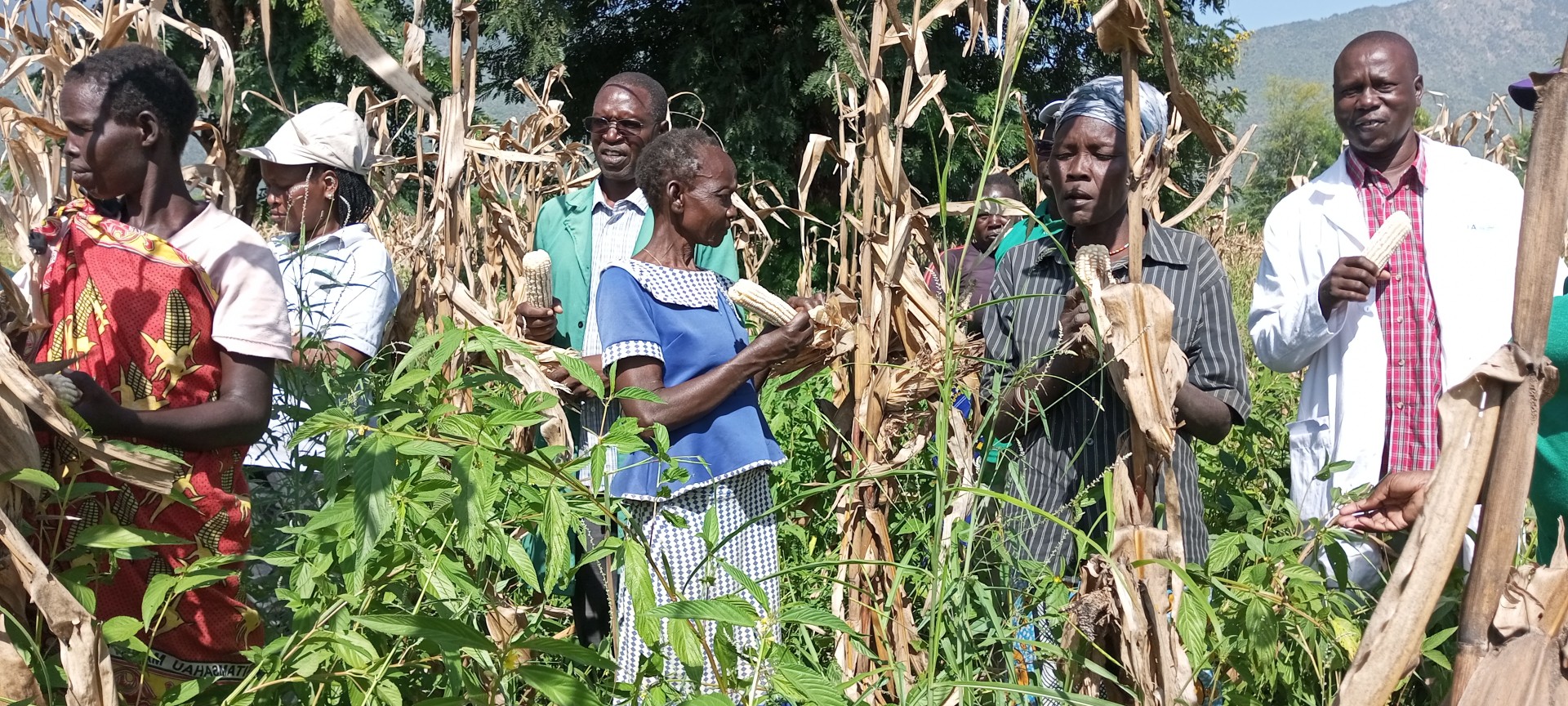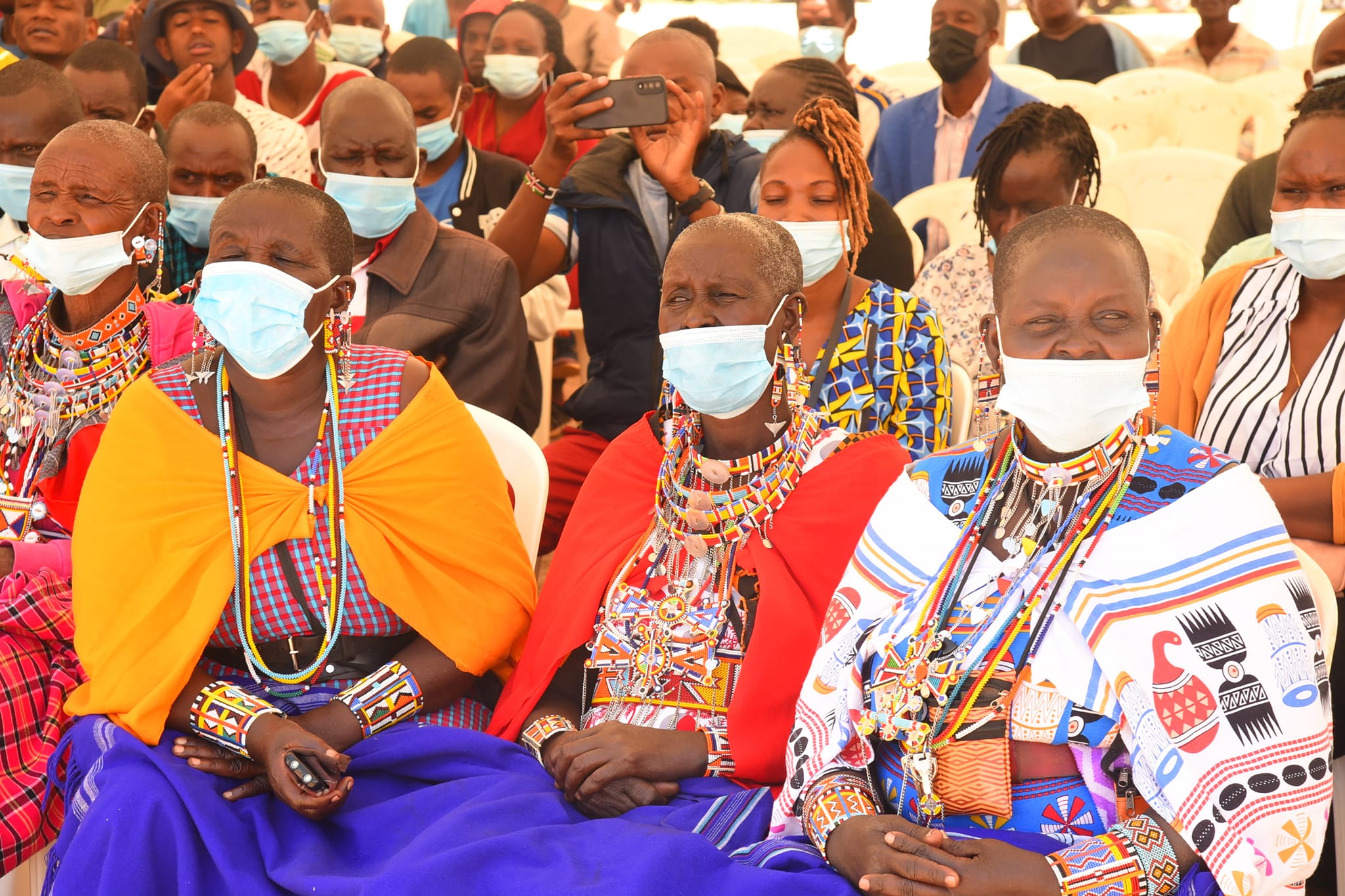What started as a funeral benevolent group in 2016 has gradually grown into a solid cooperative movement that has transformed the lives of less privileged women in Nambale Sub County.
The trigger of the formation was the death of a child of a woman from Karungu Village in the neighbourhood in 2016. The deceased had passed on in South Sudan while at work as a casual.
Due to financial difficulties, the woman was not able to cater for funeral expenses, therefore fellow women well-wishers intervened to save the situation. From the generous gesture that resulted into a decent burial, the women realised that they have many other challenges apart from losing loved ones.
“Akakwao sikalaka” and “nizike ningali hai’’ are part of the six groups that were formed with an initial membership of 17, now grown to 800 active members.
Speaking to KNA, Gloria Chalengi, the coordinator of the groups cited many projects that they have done to elevate the status of their members in the society.
Chalengi gives a peek into the humble beginnings of the cooperative back in 2016 when the founders who shared a common vision joined hands to pull their resources together to grow wealth and improve the welfare of rural women.
“We are delighted to have made tremendous economic progress out of working together as a team,” said Chalengi, adding that they have constructed seven semi-permanent houses for members to the tune of over Sh 60,000, thus bringing light and hope to the society.
The group has so far empowered members with 45 dairy cows, they are now cultivating six acres of land with food crops, bought two maize milling machines and now paying school fees to over 70 students at secondary and college.
“Our aim is to give dignity and respect to women in rural areas. We aspire to become the leading cooperative in the country. We are doing this by diversifying civic education to women both in Busia, Bungoma and Kakamega counties,” noted Chalengi.
The welfare group has made a lot of economic impact in the lives of women and their families, thereby reducing the male dependence syndrome.
“Majority of our members have been able to take their children to college due to the support of this group,” said the coordinator, indicating that they have leased a six acre piece of land on which they plant maize, groundnuts, and other food products to make their group food secure.
On challenges, Chalengi cited failure by some members to pay loans borrowed from the group, and lack of cooperation by some spouses of the groups’ members.
“Sometimes the husbands of our women deny them the freedom to move around to attend to group activities. This hinders the smooth operation of our activities,” added the coordinator.
Chalengi also raised concerns about leadership wrangles within the group, whereby some members fight for positions yet they lack the capacity to lead. She appealed to men to join efforts with the women groups to combat poverty in their homes and ensure sustainable economic development.
Echoing her sentiments, Anjeline Achieno, member of Akakwao sikalaka group thanked members for constructing her a new house
“My family and I are grateful to our group for the new house,” said Achieno, adding that through the joint efforts, she has also acquired a dairy cow that costs over Sh 20000.
Achieno encouraged idle women to join their team and work together for personal and family development.
Another member, Difina Taaka, attributed her success in vegetable farming to the group, citing that she is able to feed her family, besides meeting other financial obligations.
“Since I joined this group, my life has improved tremendously. I have been able to buy land on which I plant kales that I sell both in retail and wholesale,” said Taaka.
The group now has a mission of ensuring all members have medical insurance cover (NHIF) that will support its members in case of any eventualities.
The area MP Geoffrey Mulanya has urged more women from Busia to join the movement to attract funding from national government and other Non-governmental organisations that support such movement.
“Several people are supported by Savings and Credit Cooperative Societies (SACCOs). They can save money and apply for low-interest rates loans. Members have the opportunity to benefit from simple loan terms and conditions. Compared to traditional banks, SACCOs offer members better interest rates if members need a loan during these challenging times,” noted Mulanya.
According to Mulanya, joining a SACCO now will contribute to the nation’s economic resilience and in turn, boost the institution’s ability to support members. Starting to save money will further generate a healthier financial situation for members even once a crisis comes to an end.

